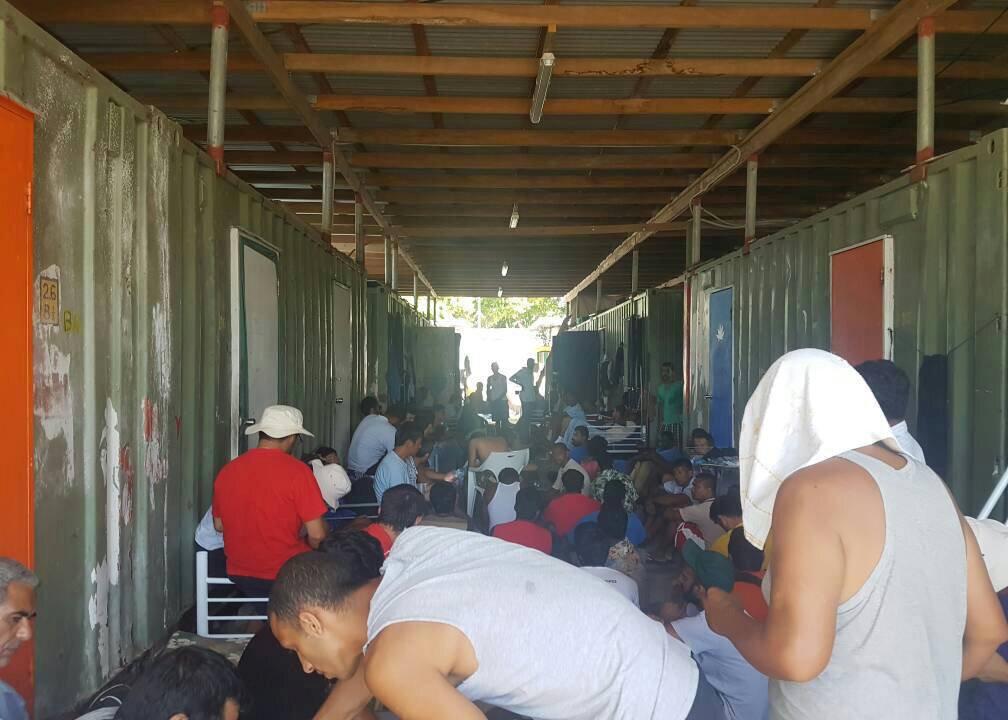SYDNEY–Papua New Guinean police cleared the remaining asylum-seekers from a shuttered Australian-run detention complex on Friday, ending a three-week protest which started with some 600 people surviving on rain water and smuggled food and supplies.
Australia closed the Manus Island detention center on Oct. 31, after it was declared illegal by a Papua New Guinea court, but the asylum seekers refused to leave to transit centers saying they feared for their safety.





